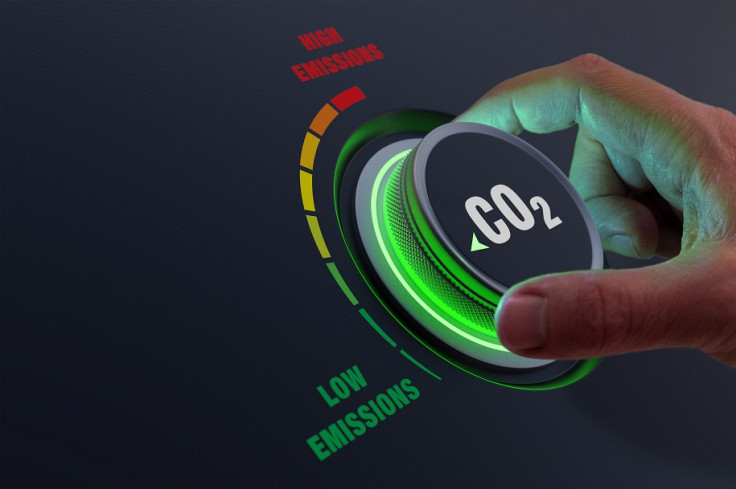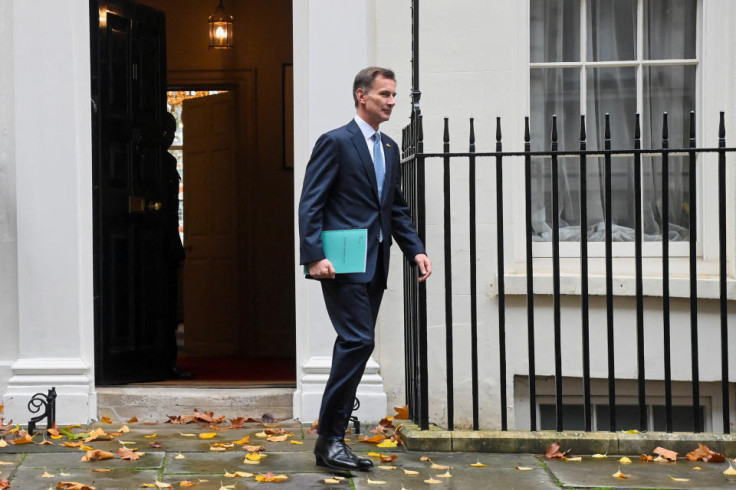Green economy and net zero target should be 'budget priorities', says environmental expert
A "green economy" and net zero emissions target should be key priorities in next week's Spring Budget announcement, says environmental expert Laura Hoy.

A "green economy" and "net zero" emissions target should be key priorities in next week's Spring Budget announcement, says environmental expert Laura Hoy.
Hoy, an environmental, social and governance analyst at Hargreaves Lansdown, says the government must use the new budget to push towards net zero, in order to position the UK economy for success in the future.
According to Hoy, the UK is currently "lagging behind its peers" when it comes to green technology.
"Now is the time to play catch up or risk being left behind in yet another key trend that would open the door to economic growth," said the social and governance analyst.
Currently, the UK Government Net Zero Strategy aims to reduce climate-wrecking emissions and decarbonise all sectors of the UK economy, in order to meet its target of net zero emissions by 2050.
However, last year The High Court ordered the government to outline exactly how its net zero policies would achieve emissions targets, after a legal challenge from environmental groups claimed it had failed to include the necessary policies to deliver the promised emissions cuts.
In June, a 600-page assessment of the UK's journey towards net zero targets by the Climate Change Committee declared that "goals were being undermined by failures in delivery programmes".
There was a "shocking gap", it reported, in policymaking to drive better insulation of homes. Progress on reducing farming emissions had been "glacial". It concluded that the 'current strategy will not deliver net zero' by 2050, as legally required.
Prime Minister Rishi Sunak failed to include the government's net zero strategies in his five key priorities for this year, and he was reluctant to make an appearance at the November Cop27 summit in Egypt.
Although the UK signed an agreement on renewable energy cooperation with EU and North Seas countries in December, Hoy believes more needs to be done to incentivise a transition in the energy sector.
She said, "It is crucial that the government prioritises windfall tax reform, a recommitment to HS2, and improvements to existing energy efficiency schemes in the upcoming Spring Budget."

The statement on the nation's finances will be Jeremy Hunt's first as Chancellor, and although energy support may be included in some capacity, it is likely to be dominated by tax increases and changes to the job market.
Major giveaways are unlikely, according to The Investors Chronicle, which suggests that Hunt may be hoping that he can preserve scope to loosen fiscal policy before the next election, which must be held by January 2025 and will likely be next year.
Furthermore, a recent report found that investment in cleaner energy is on the verge of overtaking spending on fossil fuels for the first time ever after exceeding $1 trillion globally last year.
This is up 31 per cent on the previous year and marks the first time the investment total has been measured in trillions.
Despite this increase, research from BloombergNEF reveaed that spending on energy transition technology must immediately triple to meet the target of net-zero emissions by 2050 to combat climate change.
© Copyright IBTimes 2025. All rights reserved.





















